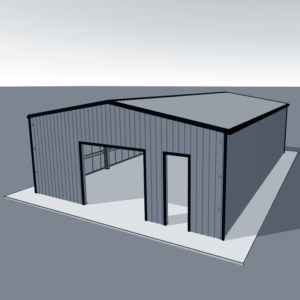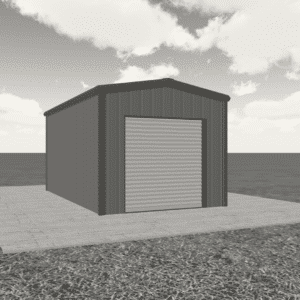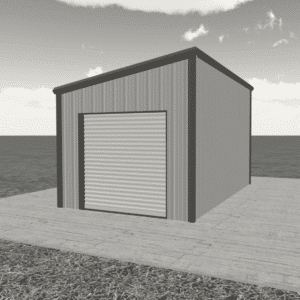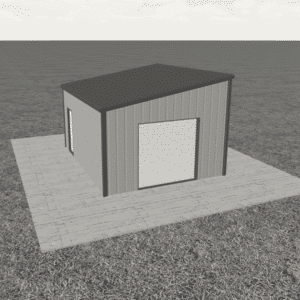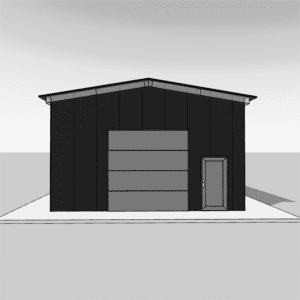University of Alberta’s Legal Authority: The Pro-Palestinian Encampment Case
In a world where developments and land use are constantly evolving, the University of Alberta finds itself at the heart of a heated matter. On May 9, 2024, a pro-Palestinian encampment sprung up on the university’s grounds. Two days later, the university had police clear the encampment. But was this action legal? A retired judge who recently reviewed the situation has given her verdict.
The Judge’s Findings
The judge’s independent report concluded that the University of Alberta did have the legal authority to order the police to clear the pro-Palestinian encampment. However, she suggested that the university could have responded differently to the situation. This raises questions about how we handle real estate and public spaces, particularly in educational institutions.
University Campuses: A Breeding Ground for Constructive Discourse?
Universities have long been seen as spaces that encourage free expression and discourse. So, when a university decides to clear an encampment supporting a political cause, it inevitably sparks debate. The question is, should such spaces be leveraged for constructing dialogue or restricted to their primary purpose of education?
Understanding Legal Rights Over Spaces
In this case, the University of Alberta’s decision to clear the encampment was within its legal rights. This highlights that while public spaces may be used for various purposes, property rights still apply. The University had legal authority over its land and exercised it in a way it saw fit.
Implications on Construction and Real Estate Development
This incident shines a spotlight on how we view and use space in our communities. It poses questions for those involved in construction and real estate development, like Your Building Team, about how land should be utilized and who gets to make those decisions.
The development of metal building systems in Alberta, for instance, has implications far beyond just providing shelter. These structures become part of the community’s fabric, hosting various activities and events, just like the University of Alberta’s grounds. Therefore, understanding the legal rights and limitations over spaces is crucial in designing and planning any development project.
Looking Ahead: Balancing Rights and Responsibilities
The University of Alberta’s case is a prime example of the importance of balancing the rights of property owners with the needs and desires of the community. While the university had the legal authority to clear the encampment, it’s essential to consider whether alternative responses could have fostered a more constructive dialogue.
As we move forward, how should institutions like the University of Alberta navigate these complex situations? How do we balance the need for progress and development with the need for free expression and discourse? And most importantly, how do we ensure that our buildings and spaces reflect our values as a society?
Final Thoughts
The University of Alberta’s decision to clear a pro-Palestinian encampment has ignited important conversations about property rights and space usage. As we continue to evolve our cities and communities, these discussions will undoubtedly shape the way we approach construction and real estate development in the future.
What are your thoughts on this matter? How do you think universities or property owners should handle such situations? Share your insights in the comments below!
Original News Source: CBC News



